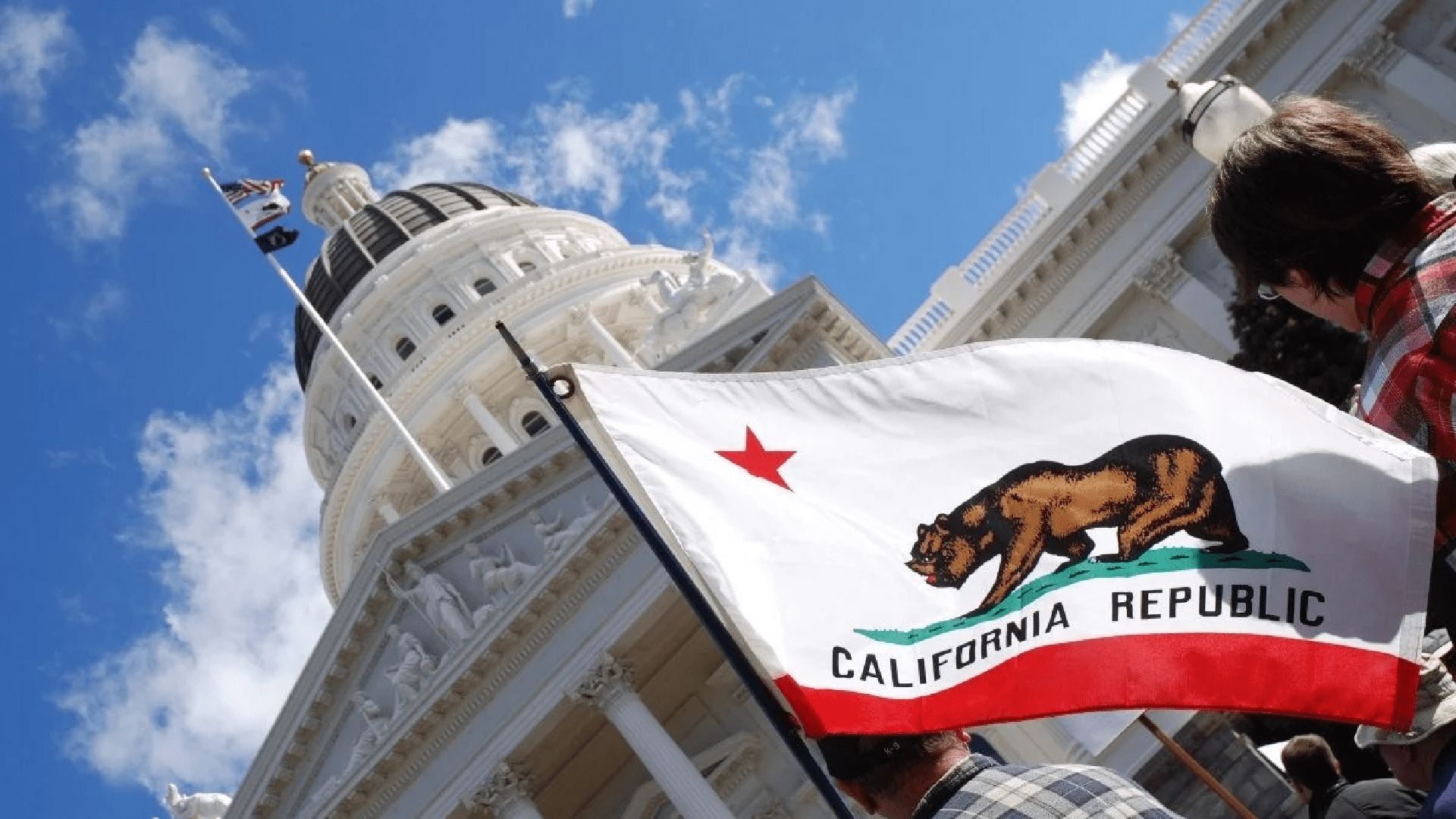California Sports Betting Fields Robust Support, Referendum Challenges Remain
According to recent polling, public support for sports betting in California is still rising.
A recent Politico Citrin Center-Possibility Lab study of over 1,400 registered voters found that 60% of California's probable voters would be in favor of a statewide constitutional referendum that would change the state constitution to permit this kind of gaming. This represents a 15% increase over comparable surveys carried out in 2022.
In addition to creating new tax revenue, proponents argue that it is long overdue for California to offer sports fans a secure, regulated betting environment. 40% of those opposed to the proposal said they were worried about gambling addiction.
Support for the sports betting question was higher among males (64%), compared to women (55%). According to Politico, the survey had a 2.6% margin of error and was carried out between July 28 and August 12.
California is regarded as the holy grail of the sports betting business, which has grown significantly since the US Supreme Court granted states the authority to decide whether or not this type of gambling is legal in their jurisdictions in May 2018. Since then, sports betting has been authorized in 39 states as well as Washington, DC. Thirty-four states including the nation's capital allow mobile betting.
California Errors
Since the historic Supreme Court ruling, sportsbooks have attempted to enter California, the most populous and economically significant state. But opponents of regulated sports betting claim that sportsbook giants DraftKings and FanDuel botched their first attempt to enter the Golden State because the state's gambling market is dominated by its numerous Native American tribes.
Proposition 27, a statewide ballot measure in 2022 that legalized online sports betting for people 21 and older, was supported by DraftKings and FanDuel. Tribes that did not engage in internet sports betting and homelessness initiatives would have benefited from tax income.
The Native community in California fiercely opposed Prop. 27, arguing that it was a direct assault on tribal sovereignty since it would have given commercial gaming companies like DraftKings and FanDuel a greater advantage in sports betting than the tribes collectively. Prop. 26, which urged Californians to only permit sports betting in tribal casinos, was the tribes' response.
With an estimated $450 million spent, the sports betting proposals turned into the most costly ballot referendum campaigns in California history. Both ideas were decisively turned down.
Executives from DraftKings and FanDuel admitted earlier this year that they erred in not collaborating more closely with the tribal community on the proposal.
"I’m not going to sit here and say we don’t make mistakes. Having tribal relationships and partnerships is absolutely essential — there’s no other way to do it here,” said DraftKings CEO Jason Robins in April at the Indian Gaming Tradeshow & Conference during a conversation hosted by Victor Rocha called the “Power of Partnerships.”
Prop. 27 was a “well-intentioned but uninformed and misguided attempt” to introduce sports betting to California, according to a FanDuel CEO.
The Referendum in 2026 is ticking away
Despite efforts to strengthen ties with California's influential tribal community, FanDuel and DraftKings have not yet reached an agreement to launch a follow-up referendum campaign.
Initiatives and referendums statewide in California are restricted to even-numbered years. Time is critical since 874,641 voter signatures are needed to put a referendum on the ballot in 2026.
